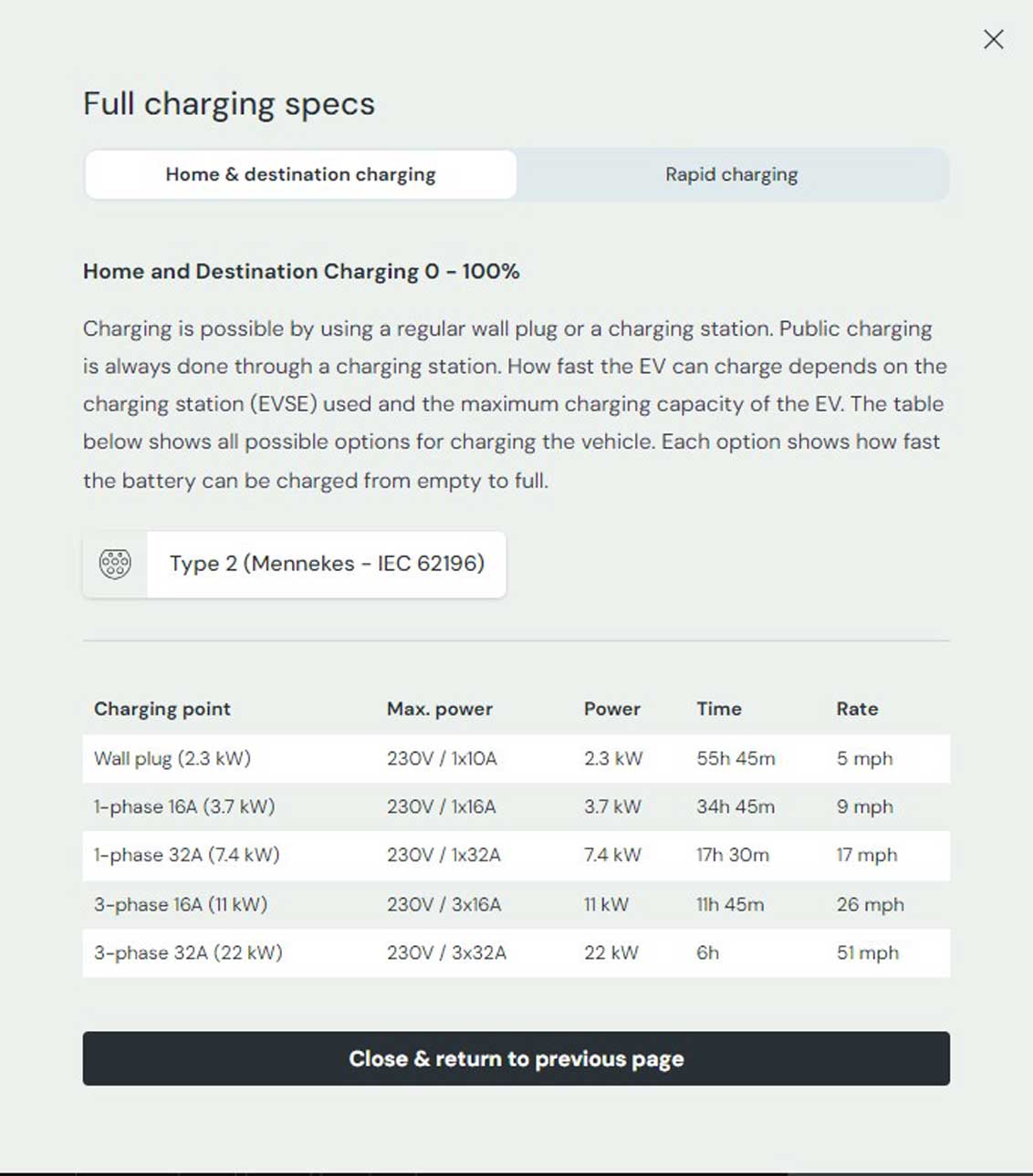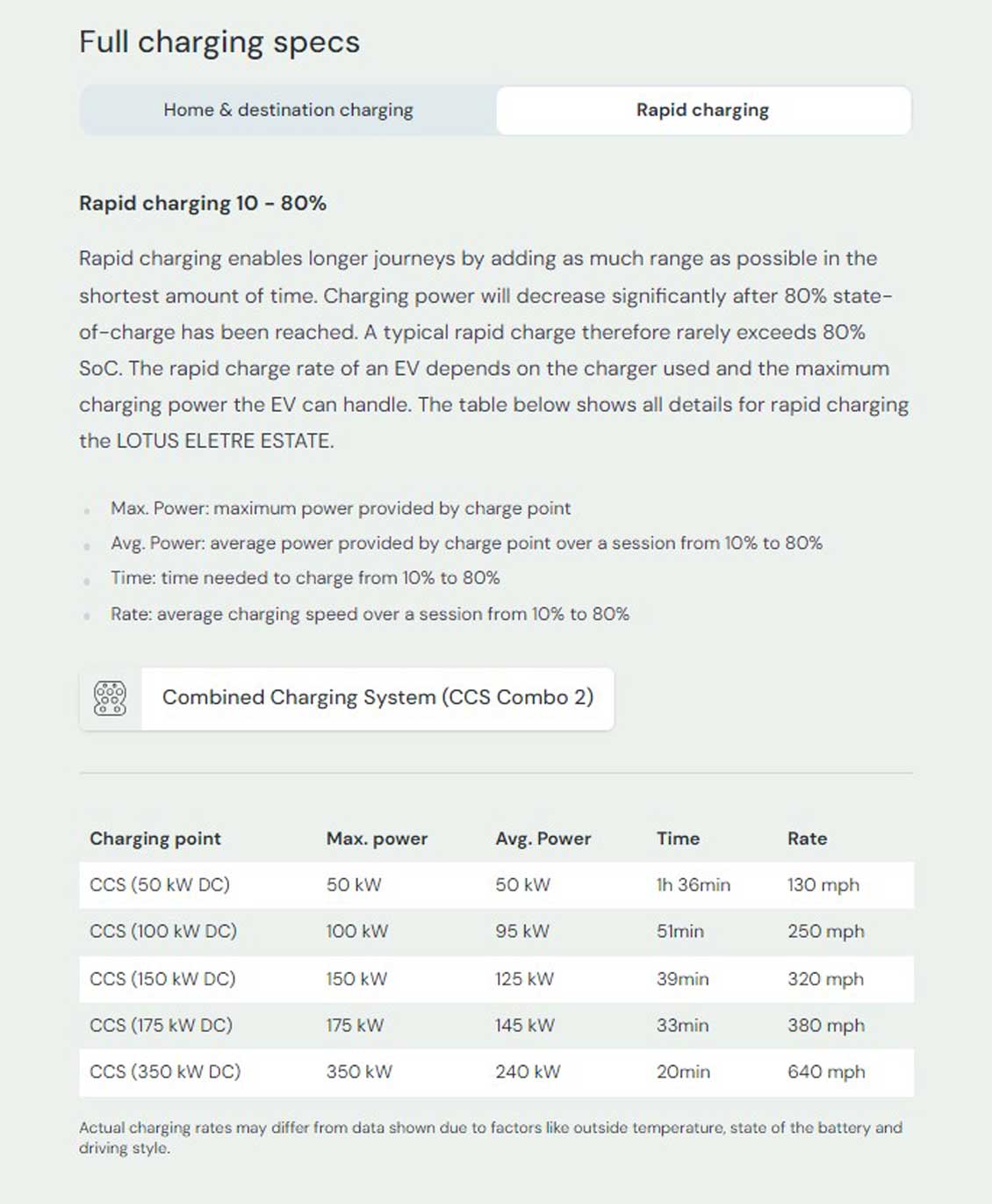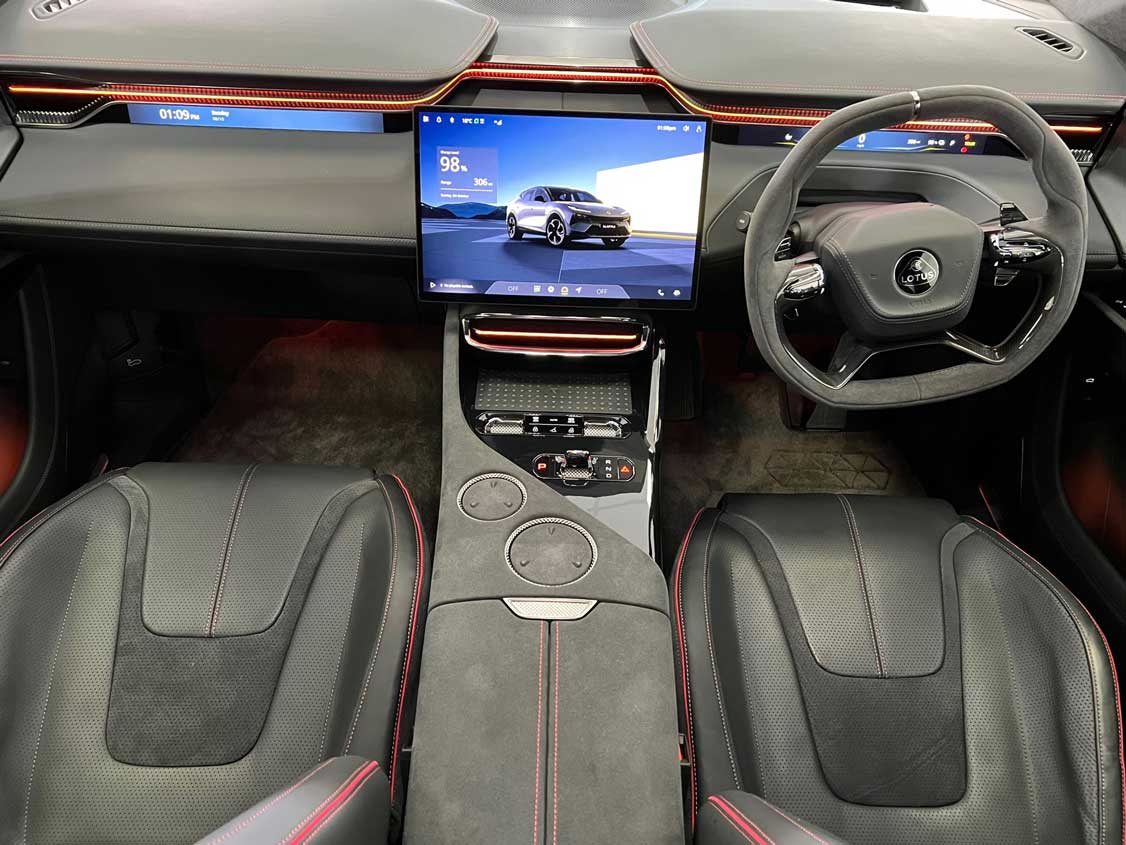
Mon-Fri 9am-5pm
Talk to our friendly electric car leasing experts now: 01942 910 001This website uses cookies to ensure you get the best experience. Learn more
Your Essential Guide to Buying / Leasing an Electric Car - Which EV charges the quickest

Lease or Buy an Electric Car - Which EV charges the quickest -Your Essential Guide
Electric car charging is a hot topic in the news and some of the UK may be wondering why such a subject would even be remotely interesting or relevant. However, as part of any zero-emission purchase (or lease), there are some essential facets that you really need to know before you commit.
Historically customers would be transfixed on just one aspect of the EV; its range. The distance a car can travel on a full charge is of course relevant to understanding product suitability but sometimes this is not particularly useful for some customers, especially where short journeys are being employed, charging infrastructure is available at home or work and where customers have low-mileage contracts.
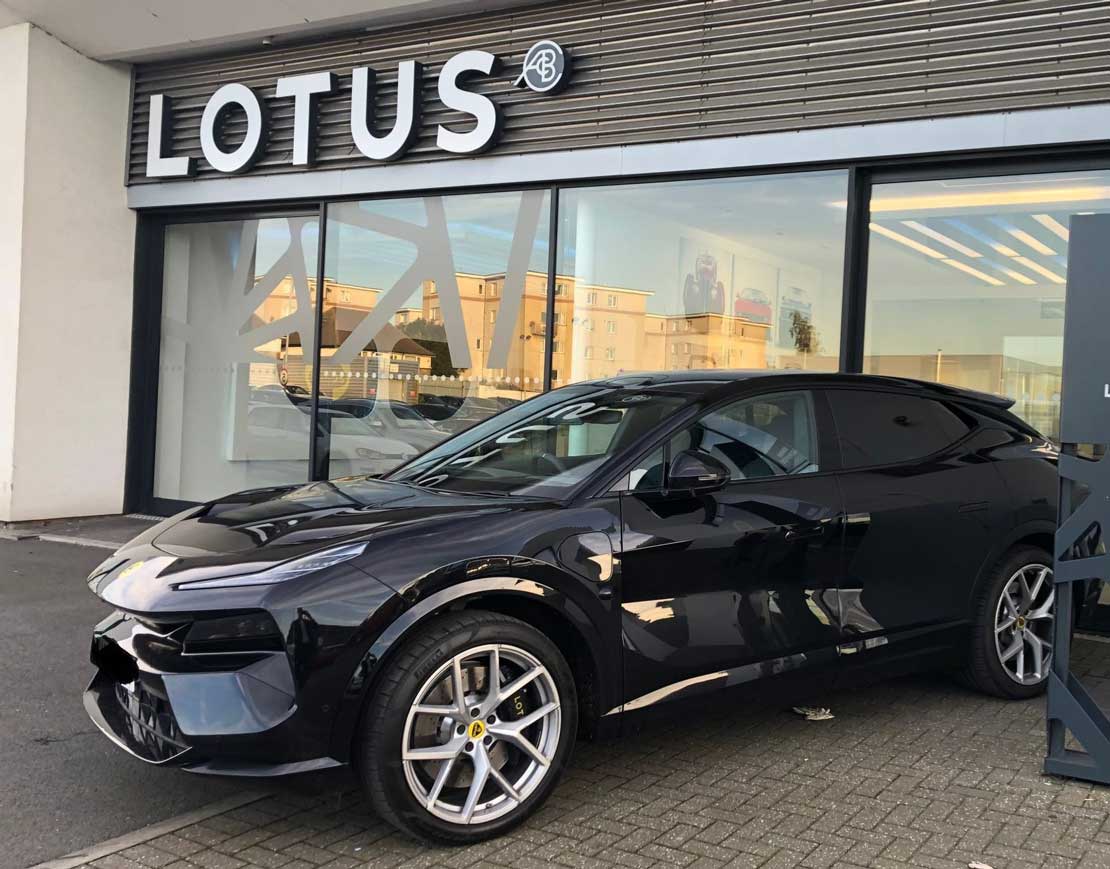
Indeed, the previous range hysteria does seem to have died out, with the 262,000+ EV registrations for 2023 so far proving that most cars are more than suitable for the needs and requirements of most personal and business/fleet customers. But the speed of charge, or a car’s charging capability, is something which is commonly overlooked or ignored by many of those in the procurement process and this does need reflection.
Which EV charges the quickest
Not every EV will charge at the same speed, which is why education and analysis is imperative at the early stages. Some leasing brokers and car dealerships will not openly advertise the charging speed of the vehicle at point of sale; often this is hidden within the various data offered to the customer.
However, there should be some indication of what an EV can charge at AC and DC within all of this. For an AC charging session, which is essentially a slower or more steady charge, it is common to see 7kW / 11kW / 22kW set out on the car. What this is telling you is effectively a maximum charging speed which you need to consider in conjunction with the charge point you are utilising.
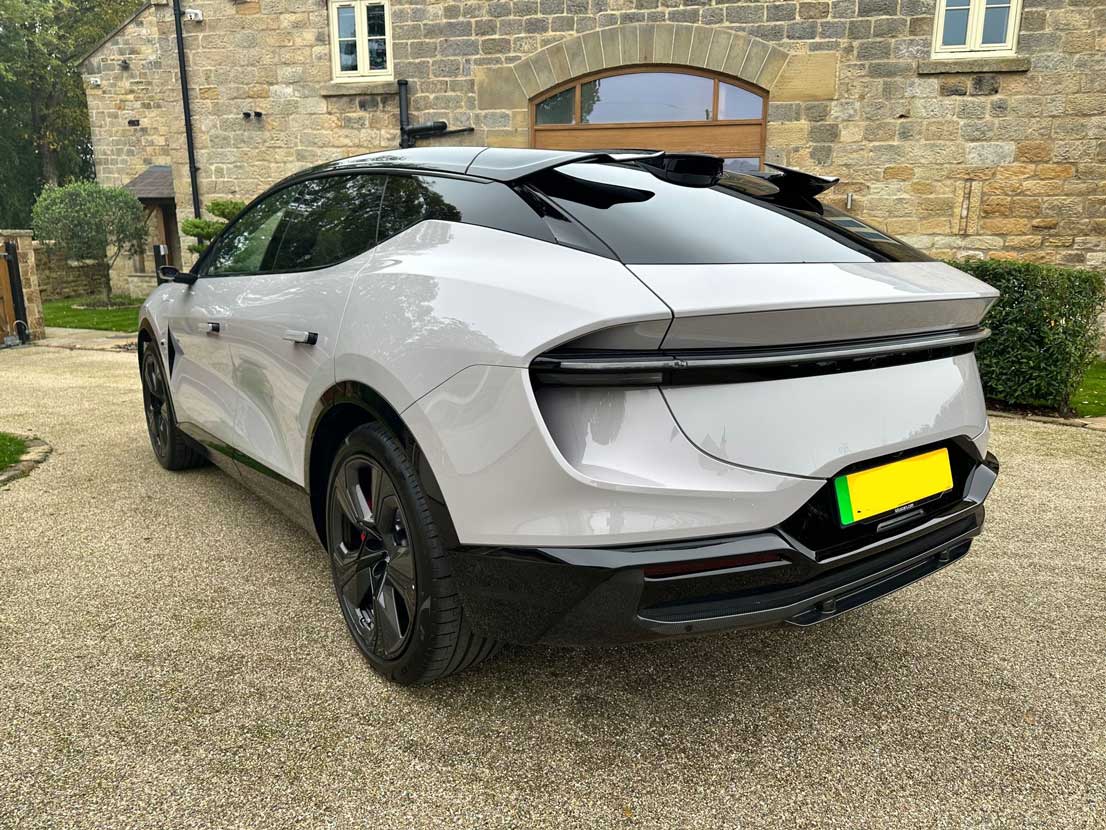
While most domestic charging solutions will be 7.4kW, some commercial premises (with three-phase power) can offer the higher 11kW or 22kW capabilities. However, your onboard charger (which converts AC into DC for your battery) will determine your charging session.
For example, if your BEV can charge at a max 7kW AC, the charging session would be the same on a 7kW or 11kW charger because the car limits you to 7kW. Before you buy your new car, if you research your charging infrastructure on Zap Map , you can quickly ascertain what connections are available to you.
This is more important where you have a choice of EVs and while their price, aesthetics or specification may be similar, if their AC charging capability is different, you would really want to know this to ensure your experience is a positive one. To illustrate this to our all-electric customers, our website will set out the “full charging specs” so that you can understand the time implications. Taking the Lotus Eletre Estate 450kW S112kWh 5dr Auto as an example, please below:
And DC, or rapid charging, is an equally relevant and interesting aspect to note on your EV. When you see the tagline “this EV can charge in as little as x minutes …” this is referring to the vehicle’s DC capabilities. Not unlike the AC above, each manufacturer and option will have different capabilities, for example you can have an EV with 100kW DC or 250kW DC.
Without context, and application, these figures may not appear that important. However, the quicker charging is where it matters most as this will cover situations where a driver arrives at a service station or dedicated charge point. Speed, along with cost, are relevant here and if you want to limit your time spent charging it is key to know what your DC fastcharge power is. To highlight the discrepancies between manufacturers we have created a definitive electric vehicle comparison guide which shows examples like:
- Lotus Eletre - 350kW DC;
- Porsche Tyacan Turbo S - 268kW DC;
- Tesla Model Y LR Performance - 250kW DC;
- BMW i4 M50 - 207kW DC; and
- Hyundai Kona EV 39kWh - 44kW DC!
As at 2023, the best DC / quickest charging capabilities is the Lotus Eletre which has various models available for UK customers to buy or lease now. The Lotus group have been key to the news recently, with confirmation of their bespoke charging services.
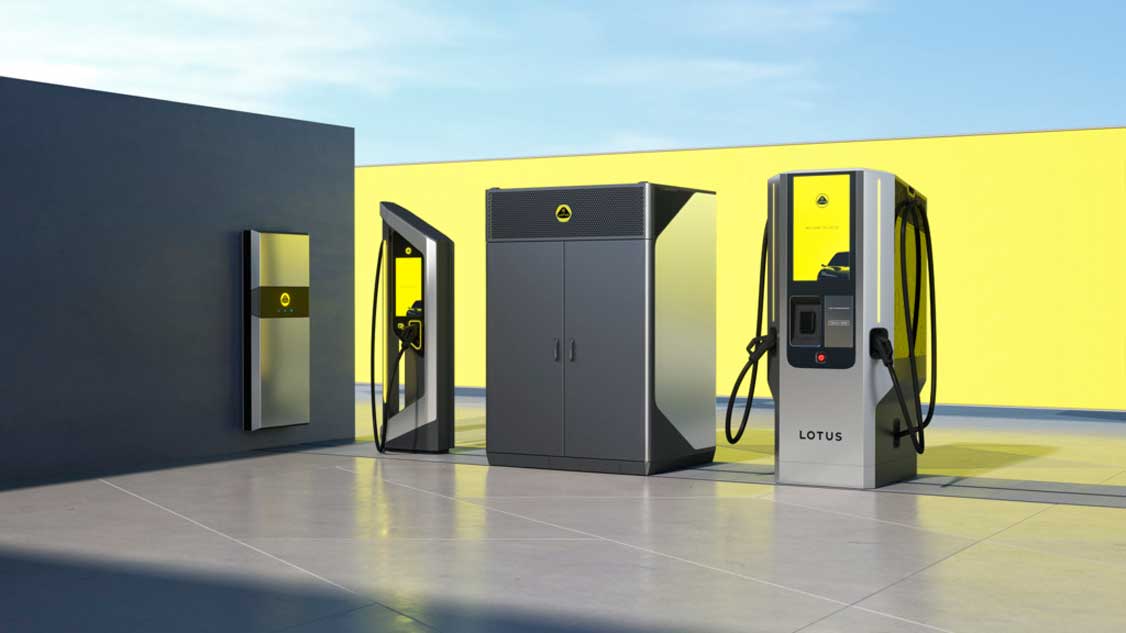
Because their Eletre has been created on a dedicated EV platform (GEELY SEA-S) the monumental 350kW means that many of the UK’s ultra-rapid hubs will be unable to assist. Not unlike AC charging, the car’s abilities must be considered in conjunction with the charge point.
So if your EV can charge at the 350kW DC peak, this is only relevant where you are connected to a charging solution which can meet this requirement. For example, should you connect to a 150kW charge point, this will be your limit. This is why Lotus have developed their next-generation ultra-fast 450kW DC chargers, power cabinets and modular units which allows up to 4 vehicles to connect.
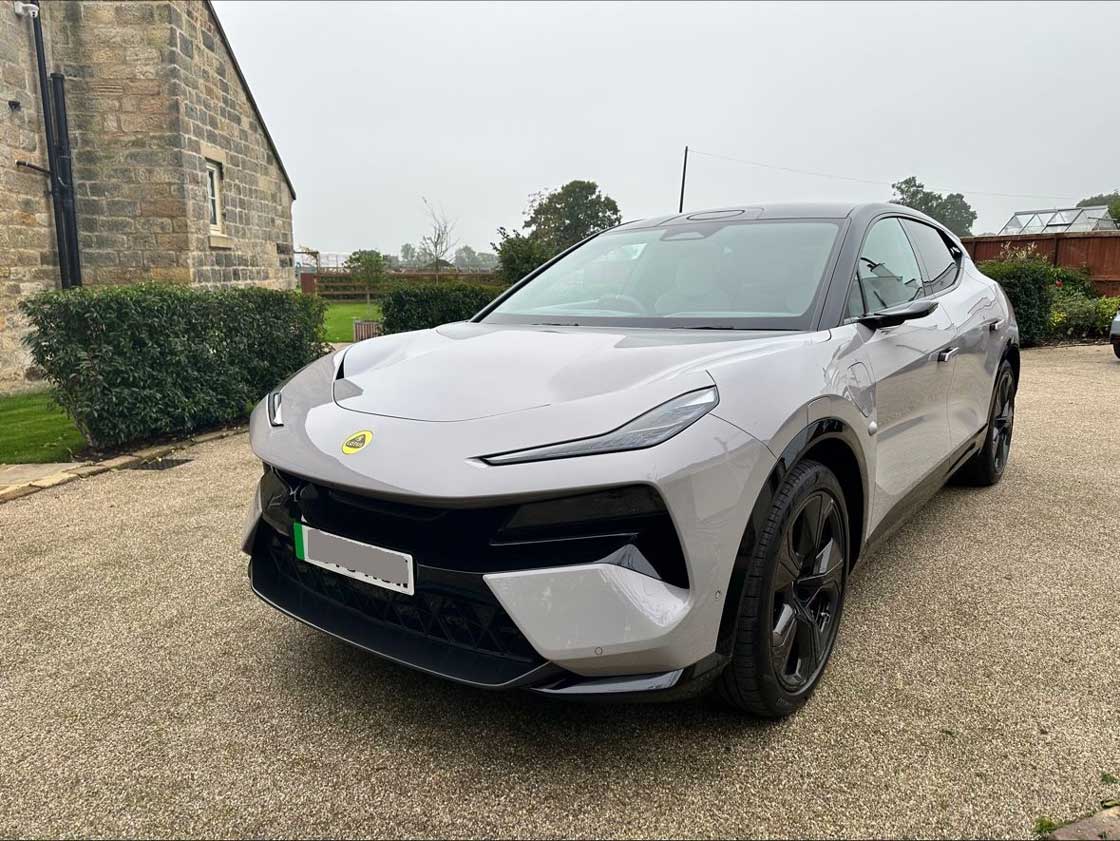
In summary, these Liquid-Cooled options will allow considerable charging experiences for European customers to match the existing infrastructure in China. Putting this into perspective, connecting your Eletre to this charge point would allow for a 10 - 80% session to be conducted in just 20 minutes. A more average 150kW DC charging solution would be around 40 minutes. With our charge point location partners, Zap Map, this can be more accurately set out for you. Please see the example below on rapid charging your new Lotus Eletre:
And how does the Eletre 450kW S perform?
This AWD hatch will have a 109 kWh usable battery which will offer 0 – 62 times of 4.5 seconds, 155 mph top speeds and 450 kW (or 603hp). Expect a combined winter range of 260 miles with warmer weather allowing for 345 miles.
On charging, the 22 kW AC max will allow 6 hour 0 – 100% charging times with the 350 kW DC maximum allowing 20 minute 10 – 80% times. A cargo volume of 611L is available with this car. It has a vehicle fuel equivalent of 113mpg. This EV will have no Bidirectional charging. And the car will be able to tow 750kg (Unbraked) or 2250kg (Braked).
e-car lease work alongside these select finance companies:





e-car lease have a partnership and affiliation with:



Register & get new deals weekly
 Exclusive offers
Exclusive offers
 Electric-only deals
Electric-only deals
 Never miss out
Never miss out

Talk to one of our experts
01942 910 001 Email usLeasing


© Copyright 2025 e-car lease. All rights reserved. e-car lease is a trading name of CarLease (UK) Ltd, e-car lease is a credit broker and not a lender. We are authorised and regulated by the Financial Conduct Authority. Registered No: 706617. BVRLA Membership No. 1471. Registered in England & Wales with Company Number: 09312506 | Data Protection No: ZA088399 | VAT No: 200422089 | Registered Office: Kings Business Centre, Warrington Road, Leigh, Greater Manchester, WN7 3XG
Made by morphsites®






